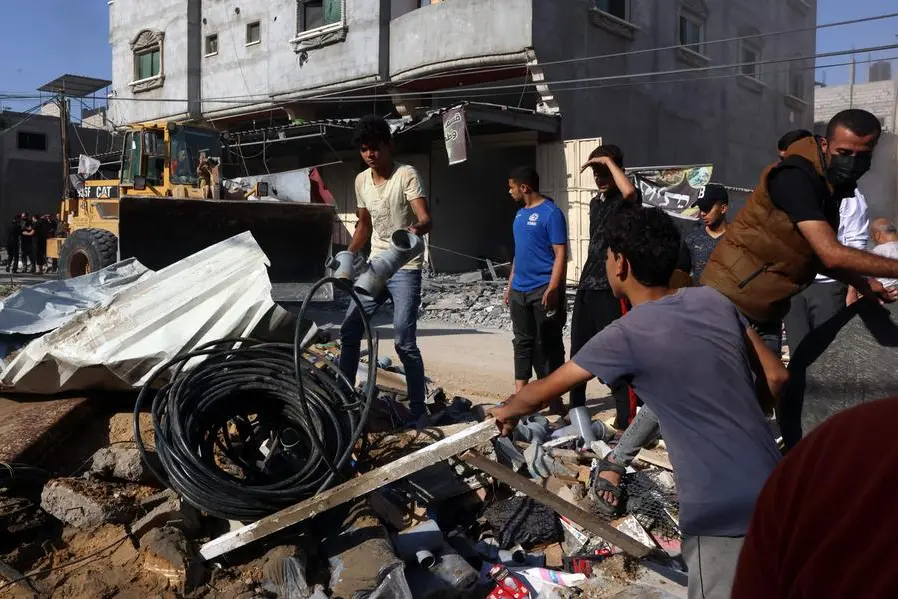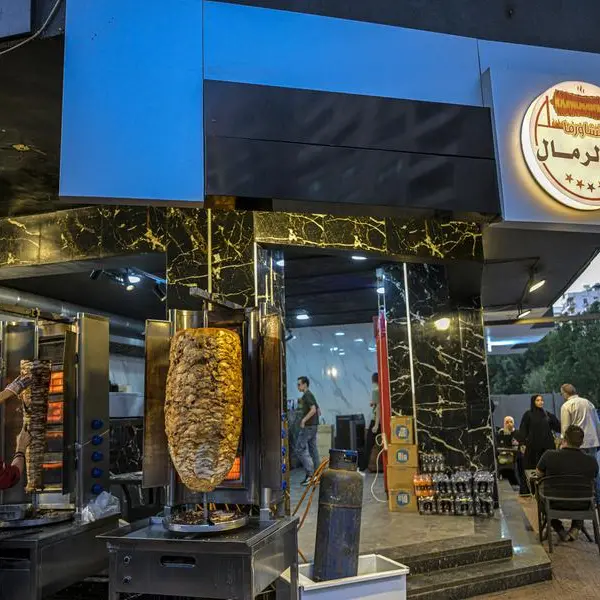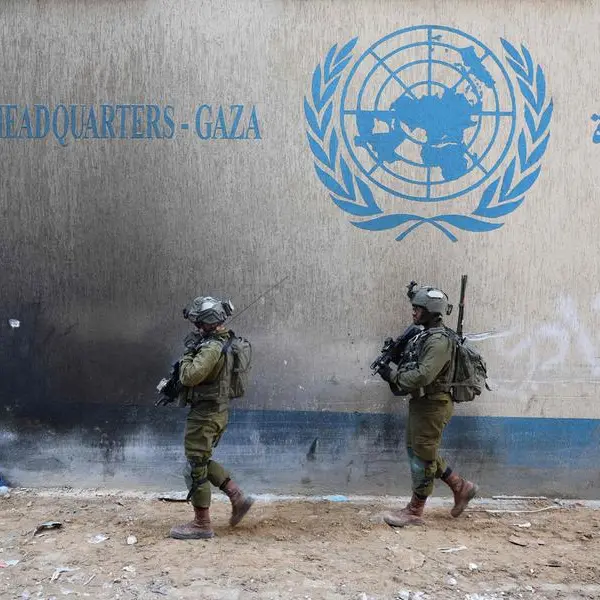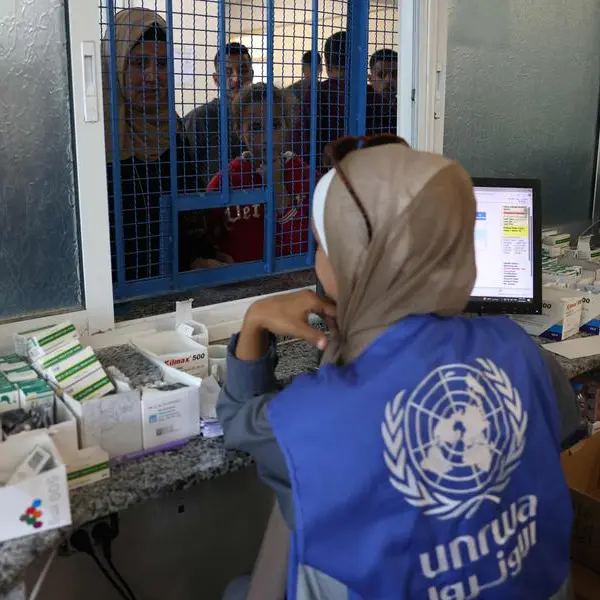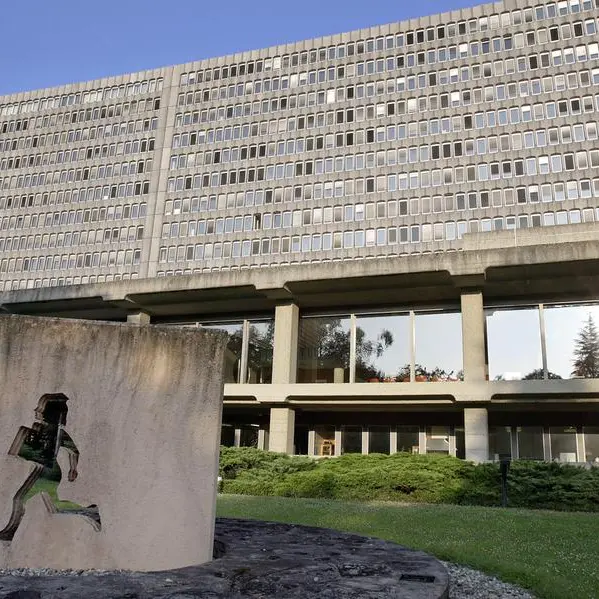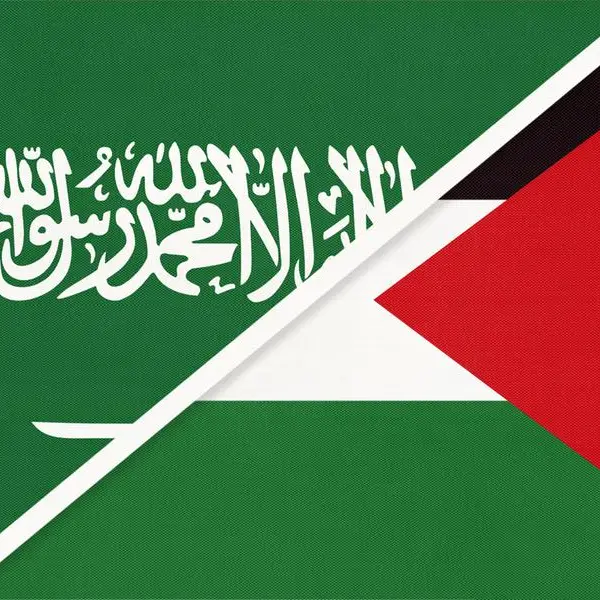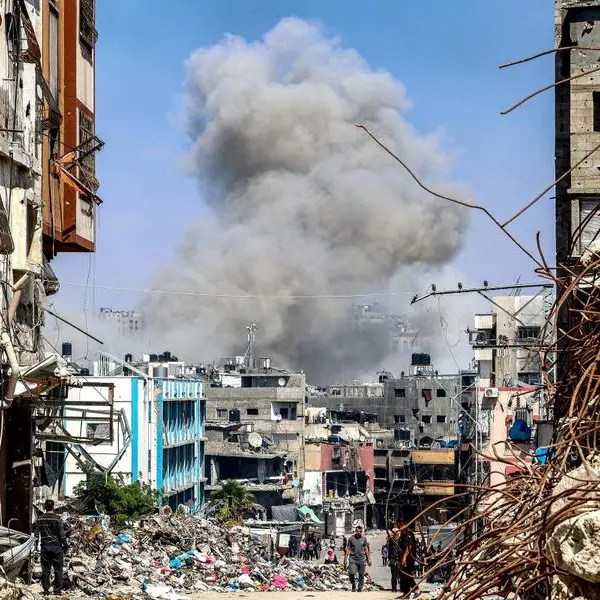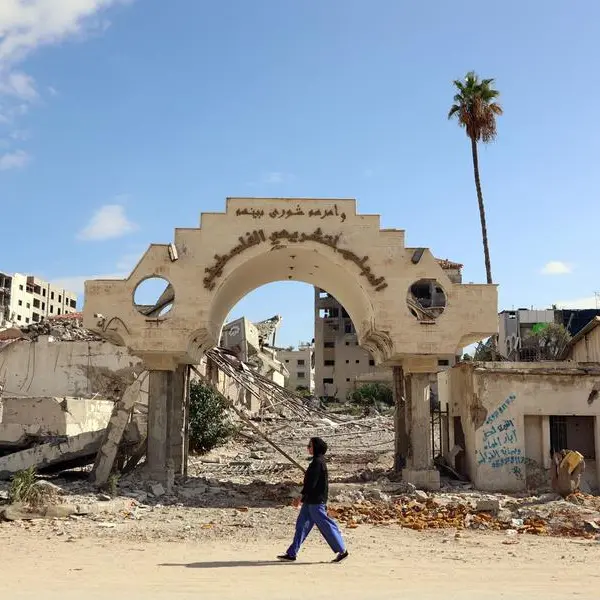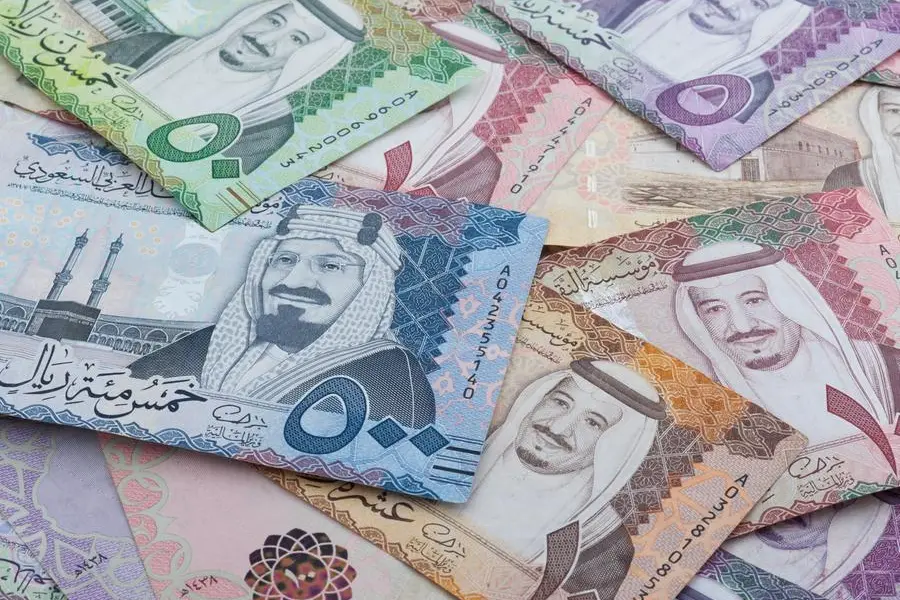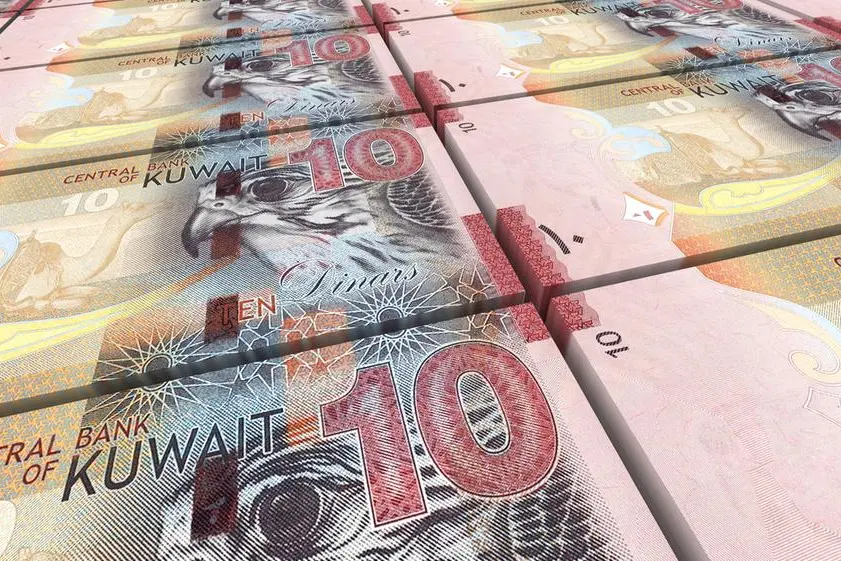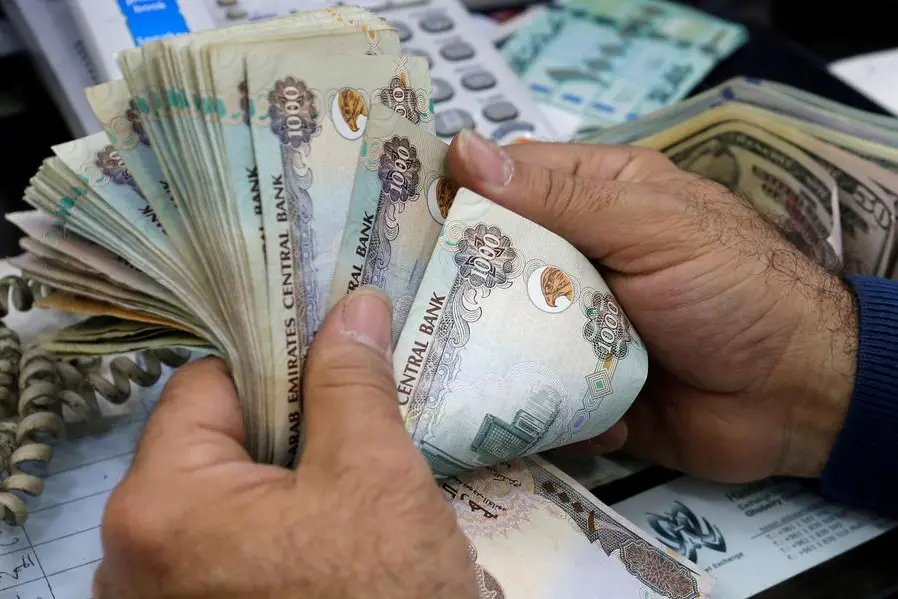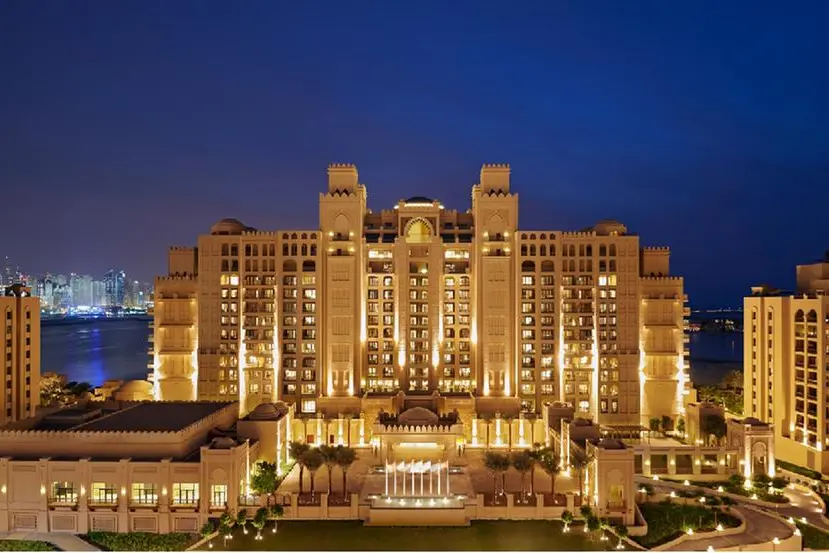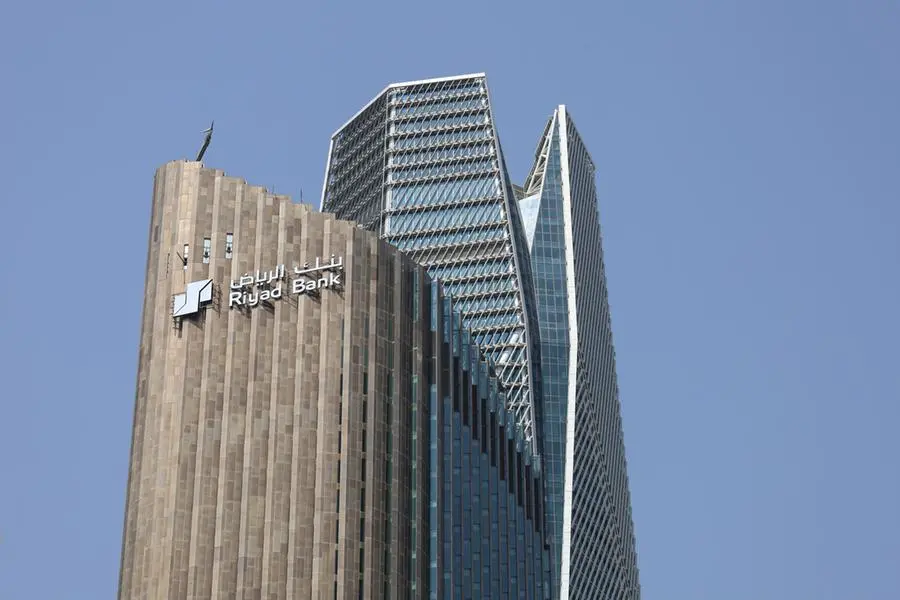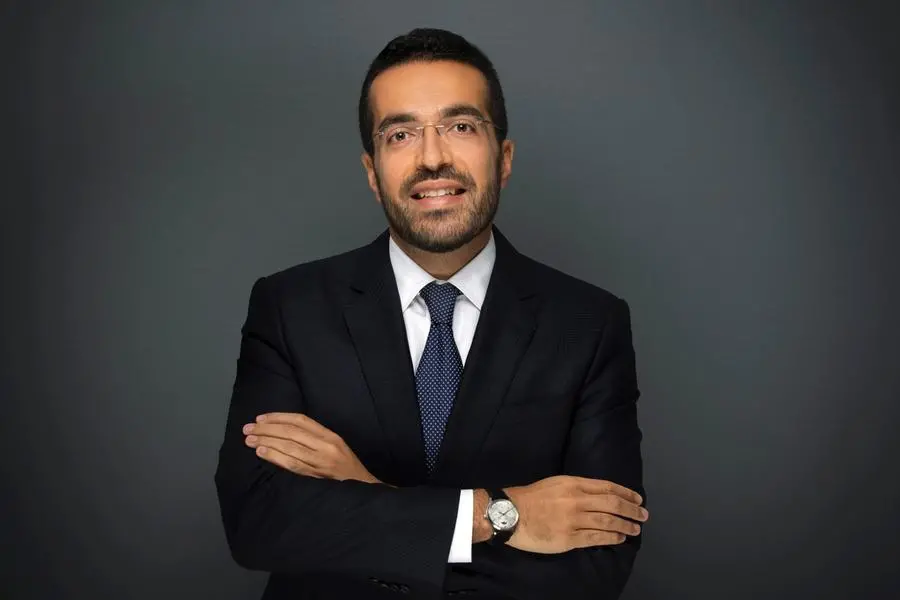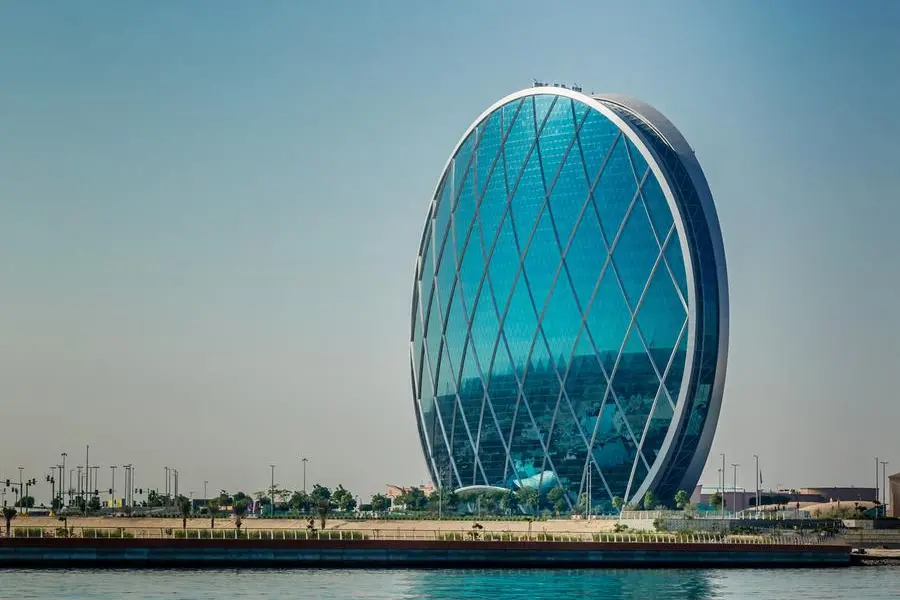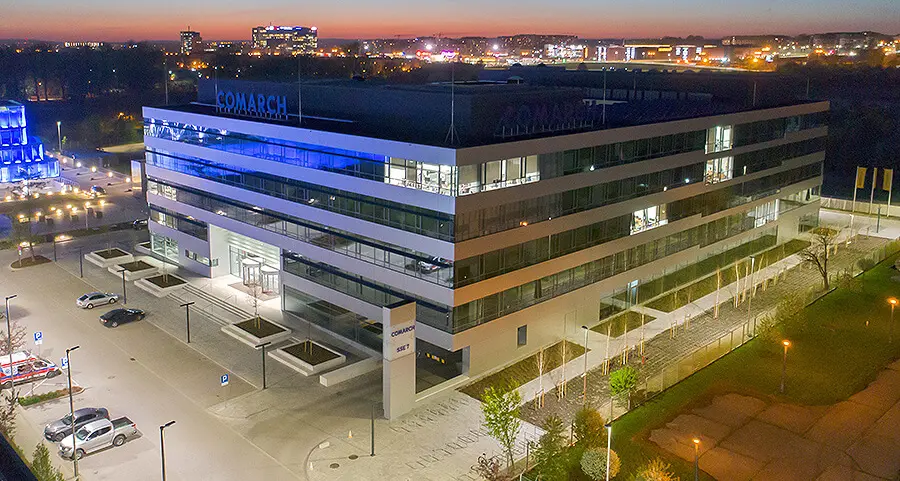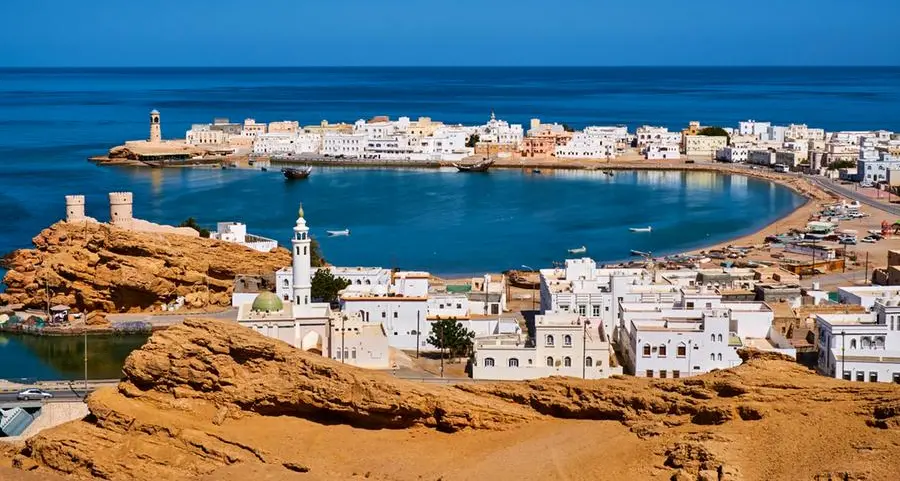PHOTO
Prime Minister Benjamin Netanyahu said Wednesday that Israel is readying a ground war in Gaza, pressing ahead with plans that have troubled allies and threaten to worsen an already cascading humanitarian crisis.
Facing ever-louder international calls to temper Israel's ferocious 19-day bombing campaign in the Hamas-controlled territory, Netanyahu delivered a nationally televised address.
He told fellow Israelis still grieving and angry after Hamas's bloody attacks: "We are in the midst of a campaign for our existence", while insisting Israel will decide how the war is prosecuted.
On October 7, throngs of Hamas gunmen poured from Gaza into Israel, killing 1,400 people, mostly civilians, and kidnapping 222 more, according to official tallies.
US President Joe Biden is among the foreign leaders stepping up public calls for Israel to "protect innocent civilians" and to follow the "laws of war" as it pursues Hamas targets.
Thousands of Gazans are already believed to have died in Israel's aerial assault, with the toll expected to rise substantially if tens of thousands of Israeli troops massed around Gaza move in.
Biden on Wednesday said he had privately suggested Israel should get hostages out if possible before any ground invasion.
"It's their decision, but I did not demand it", Biden said, as he called on Congress to allocate more money for Israeli defence.
Speaking in Cairo, French President Emmanuel Macron warned: "A massive intervention that would put civilian lives at risk would be an error."
But boasting of "raining down hellfire on Hamas" and killing "thousands of terrorists", Netanyahu said his war cabinet and the military would determine the timing of a "ground offensive" to "eliminate Hamas" and "bring our captives home."
"I will not detail when, how or how many," he said.
- 'It's a massacre' -
Gaza's Hamas-controlled health ministry puts the number of Palestinian deaths at 6,500, including many children and 700 people killed in a single 24-hour window this week.
AFP could not independently verify the ministry's claims, and US President Biden has stated he has "no confidence" in the Hamas ministry figures.
While the exact toll from the war in Gaza is unclear, the depth of the suffering is not in question.
Entire neighbourhoods have been razed, overflowing hospitals carry out procedures without anaesthetic, and residents have been forced to use ice cream trucks as makeshift morgues.
"They're not waging war on Hamas, they're waging war on children," raged Abu Ali Zaarab, after his family home was bombed in the southern town of Rafah. "It's a massacre."
About 1.4 million people -- more than half the population -- have been displaced, according to the United Nations.
The UN says 12 of the territory's 35 hospitals have closed due to damage or insufficient fuel, and a key UN aid agency serving almost 600,000 Palestinians "began to significantly reduce its operations."
Israel has cut off Gaza's normal supply corridors for water, food and other necessities, and fewer than 70 relief trucks have entered the impoverished territory since the war began.
None contained fuel, which Israel fears Hamas will use for rockets and explosives.
Aid agencies have warned that more people will die if medical equipment, water desalination plants and ambulances stop operating because of a lack of fuel.
Once the generators stop, hospitals will "turn into morgues", the Red Cross has warned. Hospitals are also struggling with a shortage of medicines and equipment.
"There's not enough anaesthetic," said Ahmad Abdul Hadi, an orthopaedic surgeon working at Nasser hospital in Khan Yunis.
"The wounded are in severe pain but we can't wait for the procedure, so we're forced to do the operation. We performed a number of surgeries without anaesthetic. It's tough and painful, but with the lack of resources, what can we do?"
- A regional 'explosion' -
The war has sparked fears of a regional conflagration if it draws in more of Israel's enemies.
Since October 7, Israel has launched thousands of reprisal strikes in Gaza, but it has also hit targets in Lebanon and Syria.
Late Wednesday, Lebanon-based Hezbollah fired what Israel said was a surface-to-air missile at an Israeli drone.
Israel's military said it had intercepted the missile and "struck the source of the launch" in retaliation.
Hamas, Hezbollah and Syria's government are backed by Iran, which denies Israel's right to exist.
Tehran's top diplomat on Wednesday accused Israel of carrying out "genocide" in Gaza.
Jordan's King Abdullah became the latest leader to warn that ongoing violence could "lead to an explosion" in the region.
His wife Queen Rania accused Western leaders of a "glaring double standard" for not condemning Israel's killing of Palestinian civilians in its bombardment of Gaza.
Violence has also risen sharply in the occupied West Bank, where health officials said more than 100 Palestinians had been killed, mostly in raids by Israeli troops or in clashes with Israeli settlers.
